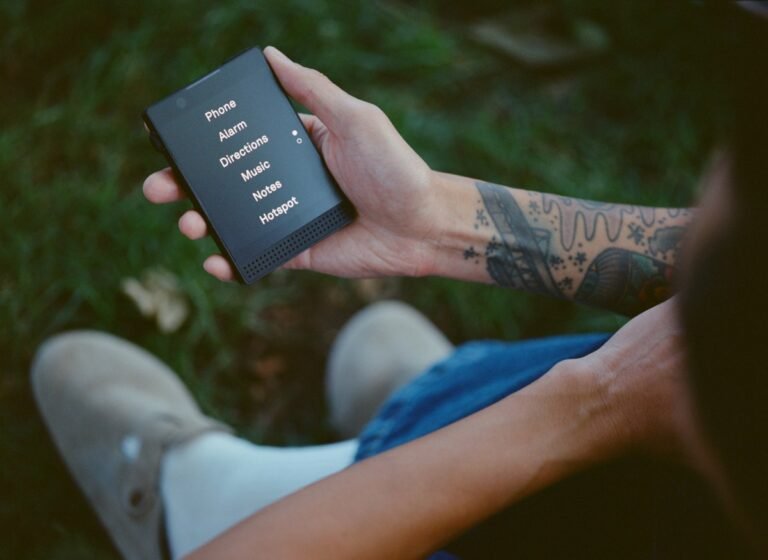
Light, the maker of the minimalist phone with an e-paper screen, is announcing its newest model, the Light Phone III.
Like its earlier counterpart, the Light Phone III offers a simple black-and-white display, without access to social media, the internet or email.
Between the first two models, the Light Phone I and Light Phone II, the company has shipped over 100,000 devices, with the latter accounting for roughly two-thirds of those sales.
The Light Phone III will target the larger demographic that are already using the non-smartphone as their main device.
Image Credits: LightAll the upgrades make the new device more expensive: The Light Phone III is $799 compared with the $299 Light Phone II.

Set to arrive in Wix’s app builder tool this week, the capability guides users through a chatbot-like interface to understand the goals, intent and aesthetic of their app.
But reviews of Wix’s AI site builder aren’t exactly glowing, with early adopters reporting bugs and generic-looking finished products.
So — given that the under-the-hood tech is similar, outside a few upgraded generative AI models — why should people expect Wix’s AI app builder to be any better?
Image Credits: WixAbrahami admitted that the AI app builder — like all generative AI tools — might make mistakes.
On Fiverr, a cursory search yields a long list of highly-rated app developers, some of whom charge around the same price as a subscription to Wix’s AI app builder.
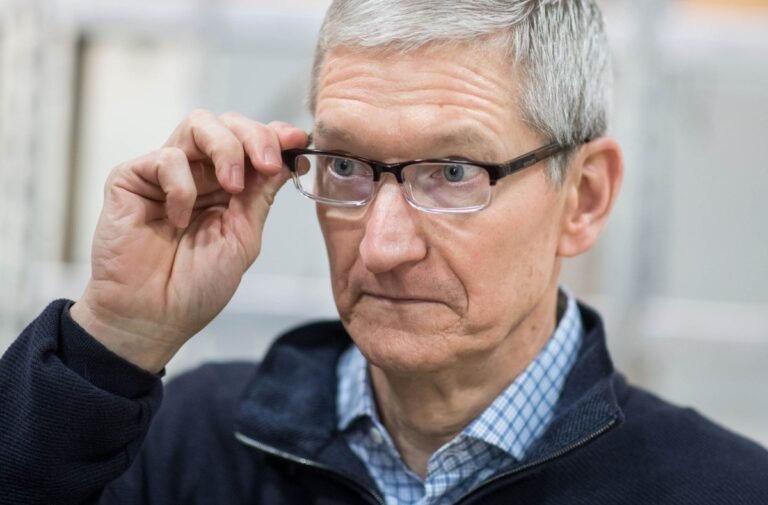
Indeed, with numbers hovering around 20% globally, it’s difficult to make the case that the company is dominating the competition the way Microsoft did Apple a quarter-century ago.
Apple suggests, however, that the DOJ’s suggestion that its “share of the entire U.S. smartphone market exceeds 65%” is misleading, as it refers to revenue rather than units sold.
It’s here the DOJ suggests that Apple commands 70% of the “performance” smartphone market.
Today, only Samsung and Google remain as meaningful competitors in the U.S. performance smartphone market.
Even Cupertino’s highly paid legal team would struggle to make the case that Apple Watch owners aren’t hamstrung by its iOS exclusivity.

The United States Department of Justice this morning filed a lawsuit accusing Apple of monopolistic smartphone practices.
Apple swiftly countered by arguing that — if successful — such a suit would inhibit its ability to compete in the crowded smartphone market.
This lawsuit threatens who we are and the principles that set Apple products apart in fiercely competitive markets.
We believe this lawsuit is wrong on the facts and the law, and we will vigorously defend against it.
At the same time, Apple has also been embroiled in lawsuits from Epic Games, challenging its App Store revenue practices.
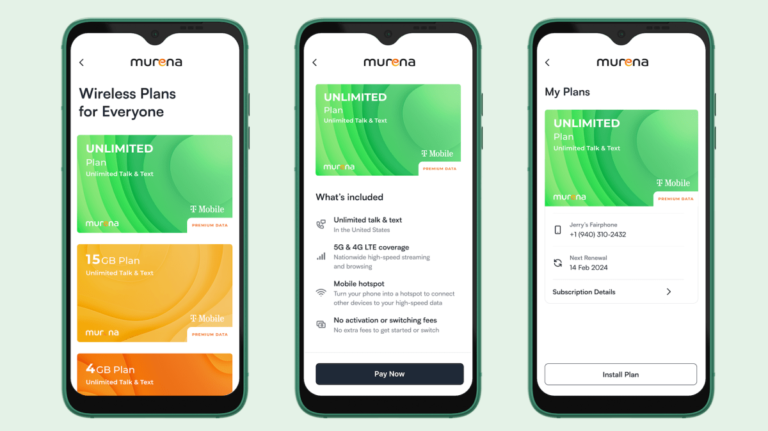
Murena, a French startup that sells “de-Googled” smartphones replete with its own flavor of Android, is launching an own-brand mobile network as it throws its hat into the fast-growing mobile virtual network operator (MVNO) ring.
Murena Mobile, as the new service is called, is built atop T-Mobile and is available to U.S. customers only.
With Murena Mobile now thrown into the mix, it has another recurring revenue stream to lean on.
Additionally, customers can’t actually sign up for a Murena Mobile plan at the same time as buying one of its eSIM-supported devices — they have to complete that transaction separately.
“In the future, we could think about a complete package with phone, cloud plan and a mobile plan all combined in a monthly subscription.”

The iPhone 15 and its many iterations comprised more than half of Apple’s Q4 smartphone shipments of nearly 2.8 million units in India, Canalys said in its quarterly report.
Apple started selling the iPhone 15 series in India in the first batch of its availability in September.
Nonetheless, Apple is becoming a familiar brand in the Indian smartphone market and is rapidly growing its local presence.
However, the country saw a minimal 2% yearly drop, with 148.6 million smartphone units shipped in 2023.
“Canalys expects the Indian smartphone market to grow by mid-single digits in 2024, driven by affordable 5G and the pandemic period replacement cycle.
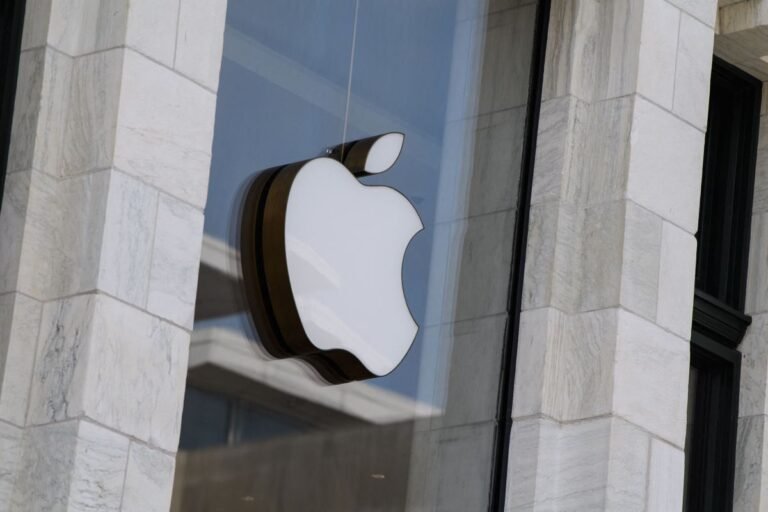
The tech giant accounted for 20% of the global market with 234.6 million shipments last year.
Samsung closed the year with 226.6 million shipments, while Xiaomi and Oppo saw 145.9 and 103.1 shipments, respectively.
Transsion rounded out the top five with 94.9 million shipments.
According to the report, global smartphone shipments declined 3.2% year over year to 1.17 billion units in 2023.
“The fourth quarter (4Q23) saw 8.5% year-over-year growth and 326.1 million shipments, higher than the forecast of 7.3% growth.”

The MMGuardian Phone is a smartphone produced in collaboration with Samsung that’s tapping into the power of AI to make phone use safer for kids and teenagers.
The MMGuardian Phone is a smartphone designed from the ground up to provide safety and control for concerned parents.
The result is a device that not only offers advanced monitoring and control features but also incorporates anti-tamper technology to prevent workarounds.
This feature provides an additional layer of protection against issues like sexting, sextortion, and cyberbullying, making the MMGuardian Phone unique in the market.
The MMGuardian Phone will be available in three models, starting at $119, with the MMGuardian Service priced at an additional $120 per year.
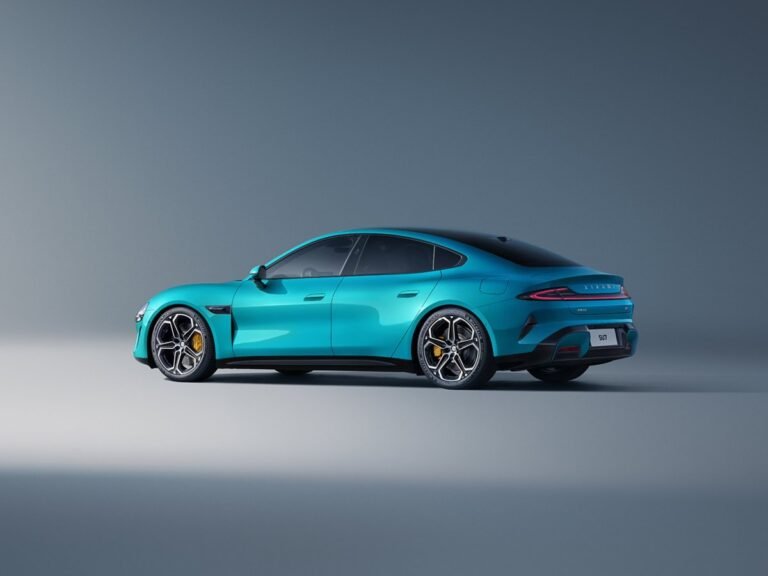
Chinese smartphone giant Xiaomi has revealed its first electric car, a sharp-looking sedan called the SU7.
It’s the same pitch Faraday Future’s founder originally gave many years ago when promoting his original electric vehicle project in China, a part of his tech conglomerate at the time.
There are quite literal versions of this in Apple’s CarPlay and Google’s Android Auto, which mirror a phone’s software on the in-car screen.
Volkswagen tried to build up its own powerhouse in-car software team but has struggled mightily.
Tesla has developed a robust in-car software experience for its vehicles, though it has resisted CarPlay and Android Auto in favor of maintaining control of its screens.
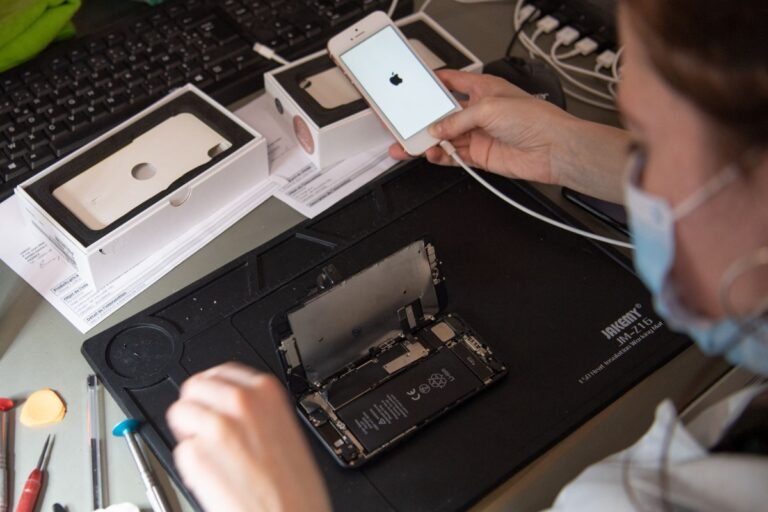
refurbished smartphones are more popular than new smartphones because they last longer and people don’t have to spend as much money on them. Apple’s sales in the category grew 16%…













